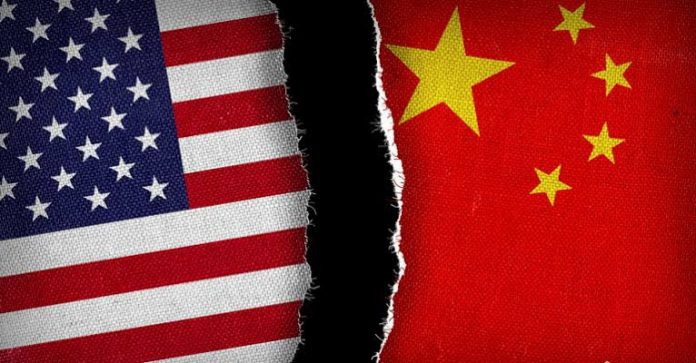China has strongly criticized new export restrictions imposed by the United States on semiconductor technology, accusing Washington of using unfair measures to block its technological advancement. The move comes as tensions rise between the two largest economies, with the U.S. seeking to curtail China’s ability to develop advanced weapons and artificial intelligence (AI) systems.
U.S. Tightens Semiconductor Export Controls
On Monday, the U.S. Commerce Department announced new measures targeting the sale of semiconductor manufacturing equipment and restricting access to U.S. technology for numerous Chinese companies. Officials stated the goal is to hinder China’s development of AI tools and undermine its semiconductor industry, which the U.S. sees as a threat to national security.
Gina Raimondo, the U.S. Secretary of Commerce, called the restrictions the “strongest controls ever enacted” to weaken China’s ability to produce advanced chips for military use. These include curbs on high-bandwidth memory chips essential for training generative AI models, along with fresh software and technology restrictions.
China’s Response: Countermeasures and Criticism
China’s Commerce Ministry responded with sharp condemnation, accusing the U.S. of abusing export controls and destabilizing global supply chains. “The U.S. preaches cooperation while practicing unilateral bullying,” the ministry said in a statement.
The next day, Beijing retaliated by banning exports of key materials like gallium, germanium, and antimony to the U.S., citing concerns over their military applications. These materials are critical for producing semiconductors and electric vehicle batteries. While companies could previously apply for special export permits, that option has now been removed.
A Race for Technological Supremacy

The escalating trade and tech rivalry reflects the deepening strategic competition between the U.S. and China, particularly in the realm of military technology. The U.S. has expressed concerns over a potential Chinese invasion of Taiwan, a self-ruled democratic island that Beijing claims as its territory.
The Biden administration’s latest move marks the third round of semiconductor-related restrictions in recent years. Earlier actions included limits on certain chip exports in 2022 and proposed bans on importing vehicles using Chinese or Russian technology due to security risks.
China’s Push for Tech Independence
China has doubled down on its ambition to dominate advanced technology sectors. In May, Beijing announced its largest-ever semiconductor investment fund, valued at $47.5 billion. The fund, backed by major state-owned banks, underscores President Xi Jinping’s strategy of achieving technological self-reliance and global leadership in innovation.
As the U.S. and China continue to trade restrictions and countermeasures, the global tech landscape faces significant uncertainty. The battle for supremacy in AI and chip technology is shaping the future of international relations and economic competition.



